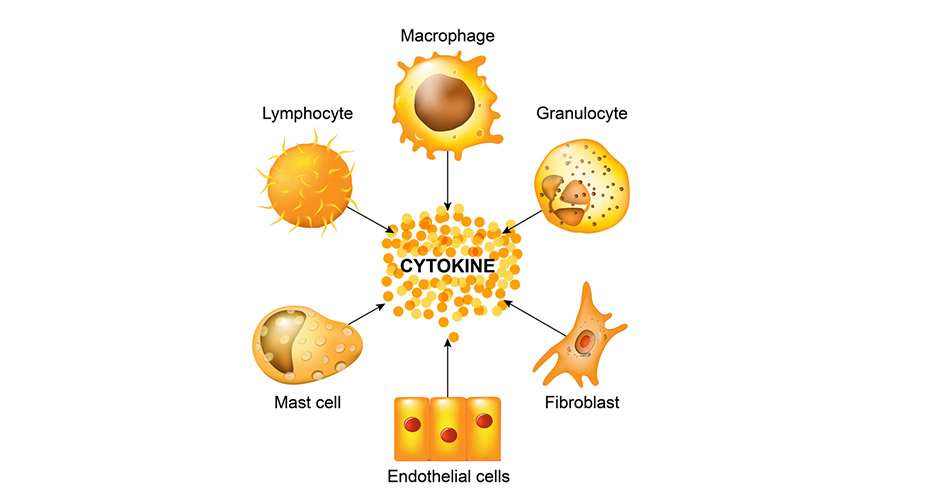Immune substances in peritoneal fluid for endometriosis diagnosis and armamentarium
May 23, 2017
There is a pattern of cytokine alterations that can be used to understand endometriosis pathogenesis and device diagnostic or therapeutic tools.
Key Points
Highlight:
- Cytokines (immune substances) are an important part of inflammation.
- Endometriosis is highly associated with certain cytokines activities.
Importance: There is a pattern of cytokine alterations that can be used to understand pathogenesis ofendometriosis and adoption for diagnostic or therapeutic tools.
What's done here:
- Peritoneal fluid was collected from 94 infertile participants with or without endometriosis.
- Levels of 48 different cytokines in peritoneal fluid were profiled.
- Univariate and Multivariate analyses were performed to correlate cytokine levels and presence of endometriosis
Data:
- Higher levels of of certain cytokines (MCP-1, IL-8, HGF and SCGF-β), and lower level of IL-13 in endometriosis
- 13 cytokines discriminated between the presence and absence of endometriosis in multivariate statistical analyses
Limitations:
- Despite the relatively large number of participants, the study did not actually generate translational tools.
- The majority of the analyses were correlational.
Lay Summary
Cytokines are immune substances secreted by a broad range of cells within the body, including immune cells like the macrophages, B lymphocytes, T lymphocytes, mast cells, and non-immune cells such as the endothelial cells and fibroblasts. They are important in mediating tissue inflammation, and are therefore, crucial to be studied in women with endometriosis since the condition is highly associated with inflammatory response.
In a recent report by Jørgensen et al in Fertility and Sterility, the authors investigated the concentrations of 48 different cytokines in the peritoneal fluid from infertile patients with or without endometriosis (94 participants, 56 with endometriosis). Since a common symptom of endometriosis is infertility, this study is important to determine the differences in the cytokine profiles between these two groups of women. The peritoneal fluid was collected from participants during laparoscopy, and concentrations of cytokines were analyzed using multiplex immunoassays, which measure the levels through the use of antibodies.
Take home messages about the important cytokines from this study:
- Endometriosis was associated with higher levels of MCP-1, IL-8, HGF and SCGF-β, and lower level of IL-13.
- Combinations of G-CSF, SCGF-β and IL-13 levels were able to identify the presence of endometriosis with 86% sensitivity and 67% specificity.
- 13 cytokines discriminated between the presence and absence of endometriosis. These cytokines can be broadly categorized into chemokines (IL-8, MCP-1, MCP-3, and CTACK), hematopoietic growth factors (IL-5, IL-13, IL-9, M-CSF, and G-CSF), and general growth factors (HGF and LIF).
Based on this new knowledge and known biological roles of the identified cytokines, the authors suggested that endometriosis is related to the aberrant T-helper (Th) cells, their activity increased angiogenesis and hematopoietic cells proliferation. These data again point to the inflammatory nature of endometriosis and suggest that there may be specific patterns of cytokines that can be extracted to derive information for future diagnosis or therapy use. Although this study may already have a diagnostic implication, the authors warned that access to peritoneal fluid is a barrier for using these cytokines as a diagnostic tool. The development of blood-related cytokines may be more suitable for this purpose.
Research Source: https://www.ncbi.nlm.nih.gov/pubmed/28433374
endometriosis cytokines peritoneal fluid inflammation infertility chemokines growth factor hematopoietic interleukin MCP-1 MCP-3 CTACK M-CSF and G-CSF HGF LIF cytokines

